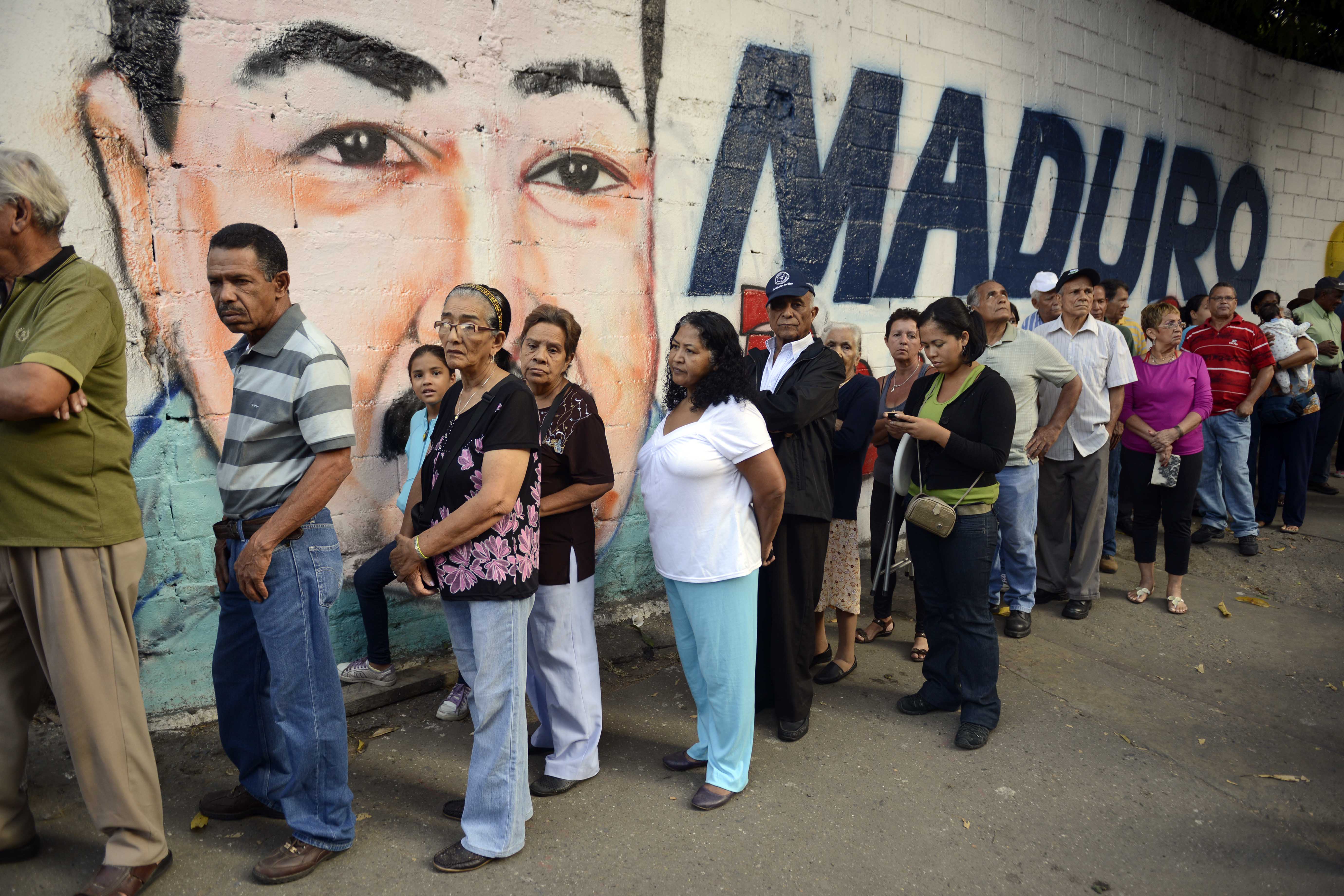Associated Press
ATHENS, Georgia: Former President Jimmy Carter told a town hall meeting of how he saved the 1978 Camp David peace talks that became the crowning achievement of his presidency.
Taking his audience behind the scenes of the talks, Carter became emotional, twice choking back tears, as he recalled his efforts to save the 1978 peace process when it appeared Egyptian president Anwar Sadat would leave the talks.
Carter described how Sadat and Israeli Prime Minister Menachem Begin often argued in the first three days of the talks.
After the third day I never let Begin and Sadat see each other because in the first three days they were at each other s throats, he said Saturday at town hall meeting, part of a three-day conference at the University of Georgia to mark the 30th anniversary of Carter s 1977 inauguration.
Finally, Carter said, Sadat reached a breaking point after about a week of attempted talks and packed his bags to return to Egypt.
Sadat had ordered a helicopter to go back home, Carter said. Becoming emotional with the memory, he said he knelt down and prayed and I asked God to help me.
Carter said he then walked to Sadat s cabin, where aides were preparing to load suitcases on the helicopter. Sadat and I stood with our noses almost touching and I told him that he had betrayed me and betrayed his own people and if he left, our friendship was severed forever and the relationship between the United States and Egypt would suffer.
He went over in a corner by himself and he came back and said I am staying. The Camp David Accords finally were signed after 12 days of negotiations.
The town hall meeting was part of a three-day conference at the University of Georgia to mark the 30th anniversary of Carter s 1977 inauguration.
He said the storm of criticism he has faced for his recent book, Palestine: Peace Not Apartheid, has not weakened his resolve for fair treatment of Israelis and Palestinians.
Israel needs peace and the Palestinian people need peace and justice and I hope my limited influence will help to precipitate some steps, he said.
Following the publication of the book, 14 members of an advisory board to his Carter Center resigned in protest. Those former board members and other critics contend the book is unfairly critical of Israel.
Not one of the critics of my book has contradicted any of the basic premises … that is the horrible persecution and oppression of the Palestinian people and secondly that the formula for finding peace in the Middle East already exists, the 82-year-old Carter said.
I have been called a liar, Carter said. I have been called an anti-Semite, he said. I have been called a bigot. I have been called a plagiarist. I have been called a coward. Those kind of accusations, they concern me, but they don t detract from the fact the book is accurate and is needed.

